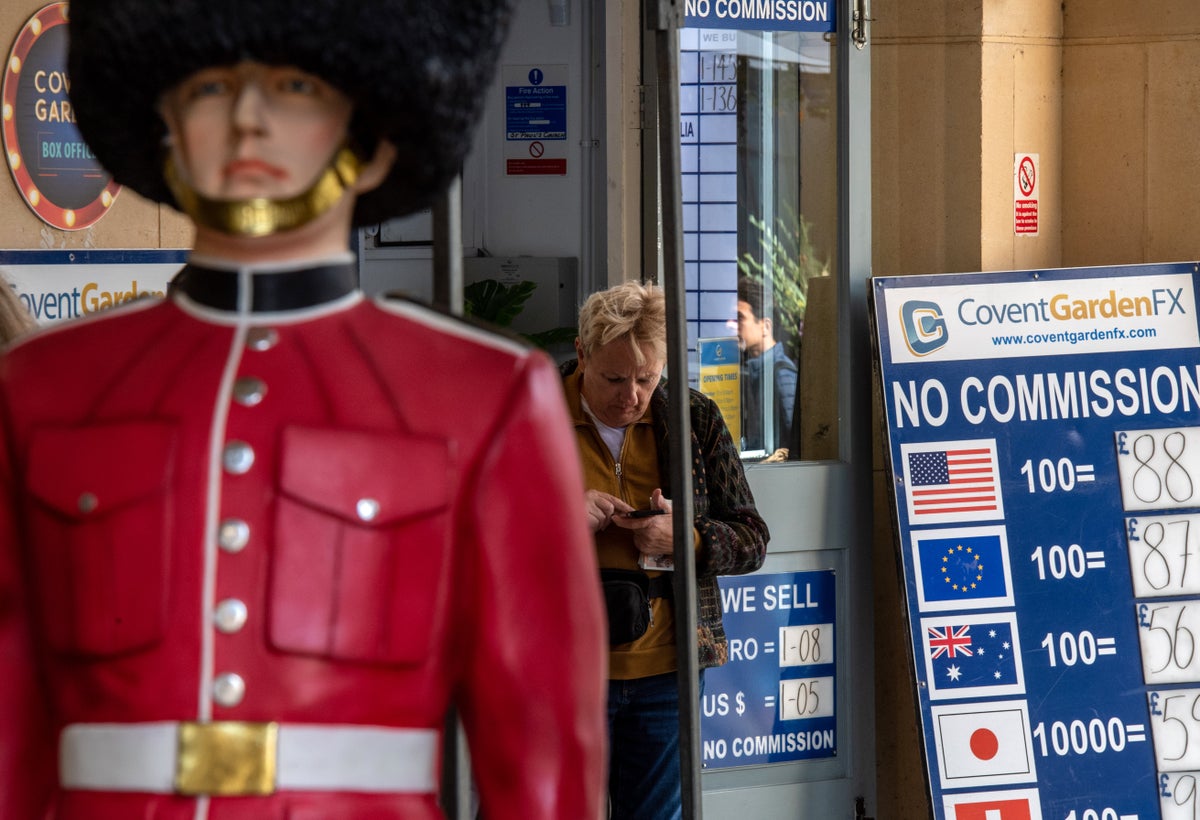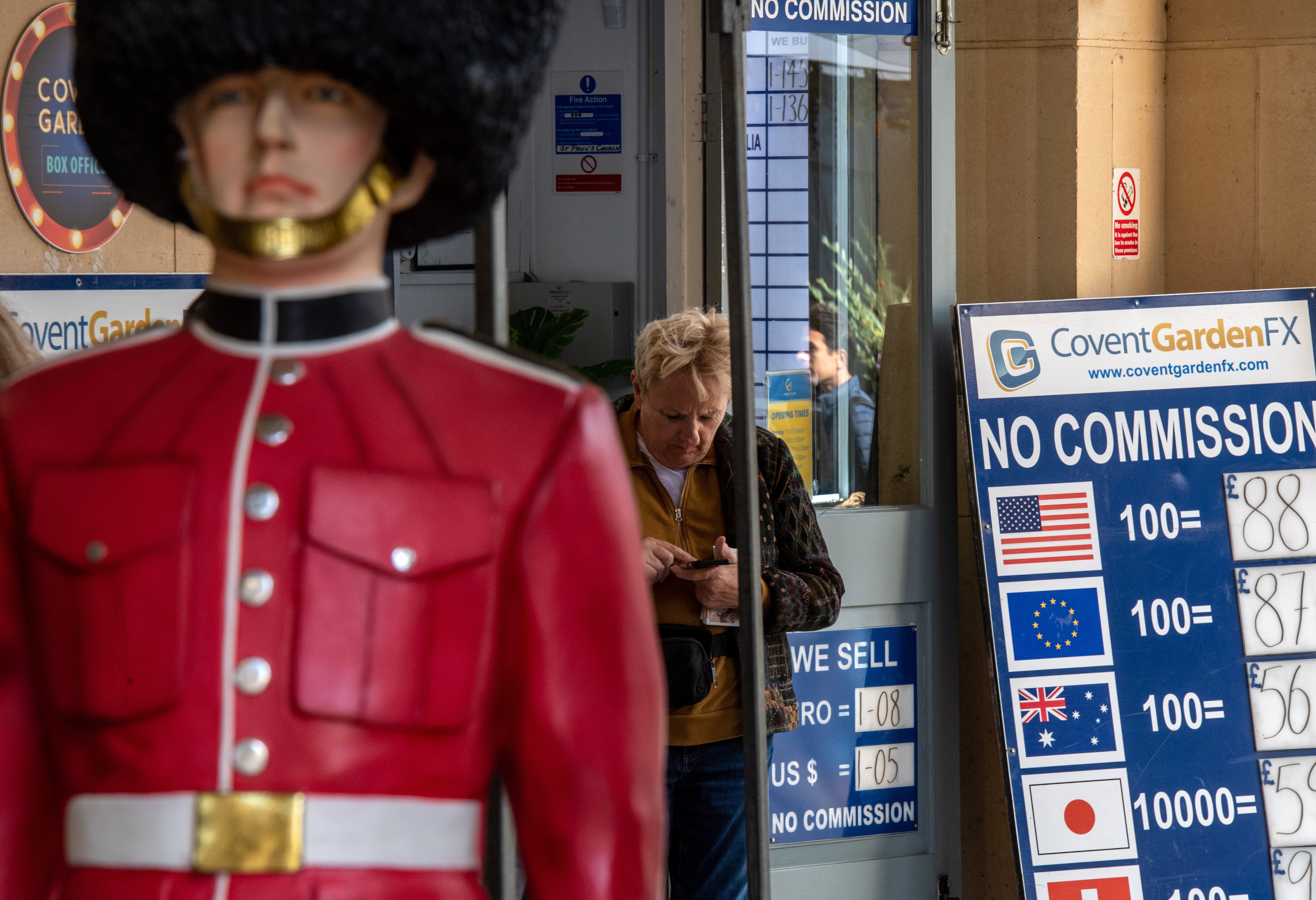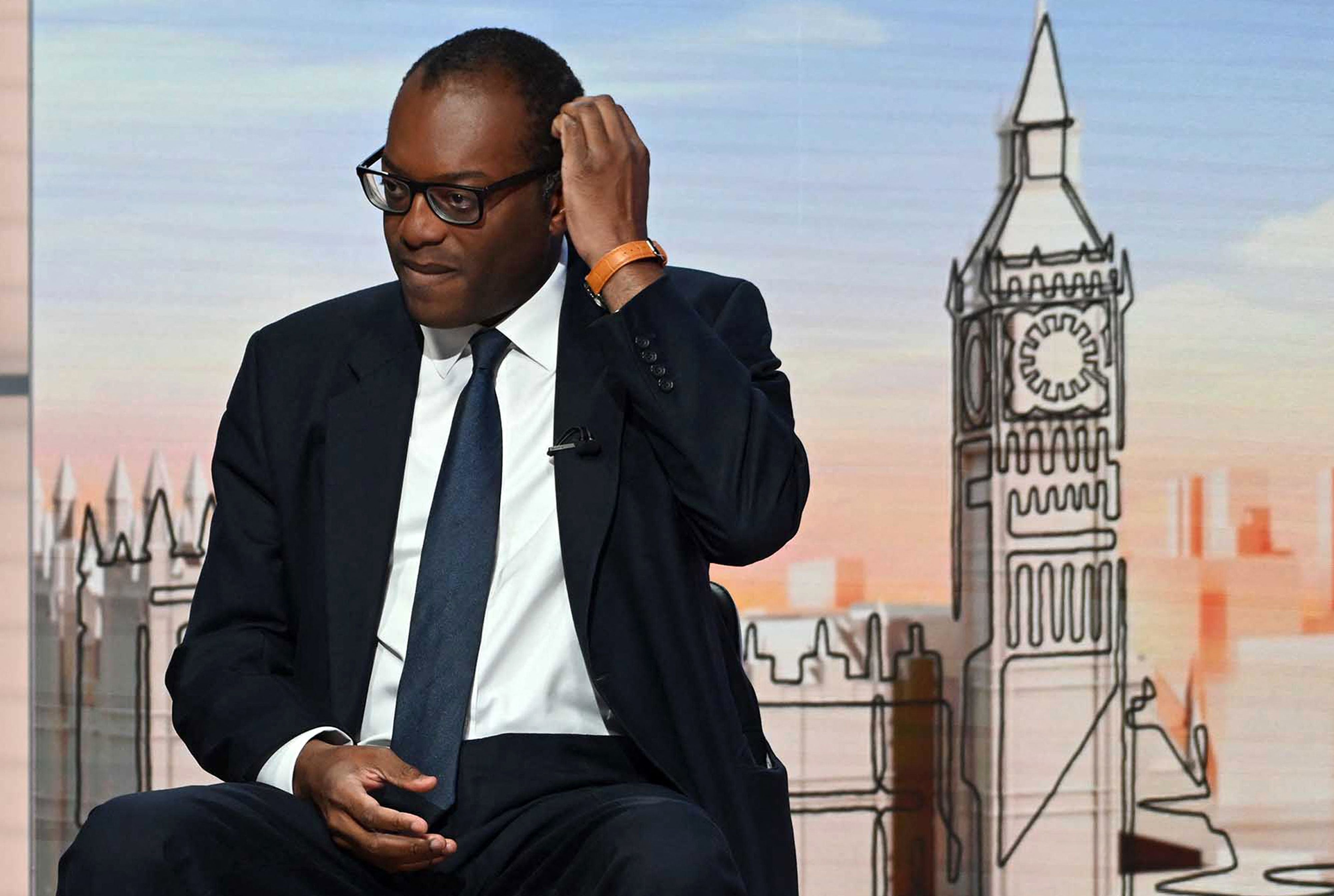
The record fall in the pound has fuelled speculation that the Bank of England will have to intervene to try and stabilise the currency market.
Many analysts have been calling on the governor Andrew Bailey to step in before things get worse and the Bank of England is not denying that they will issue a statement on sterling later on Monday.
Some market experts want the Bank to increase interest rates to “restore credibility” to the UK economy, but such a move would pitch the Bank of England directly against the Treasury - with Mr Bailey effectively cleaning up the mess made by chancellor Kwasi Kwarteng.
Others expect the Bank’s Monetary Policy Committee (MPC), which decides the base rate of interest, to hold off for a while and give the financial markets a little time to settle.
The pound has already rallied throughout the day on Monday, from its record low of just 1.0327 dollars early in the morning to around 1.0857 dollars by the afternoon.
The Bank could issue a verbal intervention to calm the markets, or they could decide to make an unscheduled increase to interest rates.
The base rate of interest was raised to 2.25 per cent only last week and the next scheduled meeting of the MPC is in November.
Thomas Pugh, economist at consulting firm RSM UK, predicts that the Bank of England will try and reassure the markets with statements about future interest rate rises.

“We’re likely to see MPC members and governor Bailey making lots of public statements over the next few days emphasising the MPC’s commitment to 2 per cent inflation and that it intends to raise interest rates sharply over the rest of this year,” he said.
“If combined with a sensible government plan for managing public finances, that could be enough to halt the drop in the pound.”
He warned that the next MPC meeting was “a very long way off” and that unless the pound rebounds sharply, an emergency meeting is likely.
Joshua Raymond, director at financial brokerage XTB, said the Bank of England could well intervene very soon. “It could well be the case that to restore some kind of credibility, we might need to see a 2 per cent hike by the BoE immediately.
“But that sort of intervention could pit the central bank in direct hositility with the Treasury, so even if we do see a kind of intervention, it won’t be the end of uncertainty.”

Politicians have also been voicing their concerns about the condition of the pound and calling on the Bank of England to step in.
Crossbench peer and former Treasury minister Lord O’Neill of Gatley said that he has “never seen anything quite like the move we had on Friday”, when Mr Kwarteng unveiled his mini-Budget.
“For the pound to have done what it did outside of our time zone this morning, tells you that this won’t be easy to stop unless there’s a tough Bank of England response or a more articulate presentation from the chancellor and the prime minister as to what exactly it is they are really prioritising,” he added.
Downing Street spokesperson said on Monday that the chancellor “has made clear that he doesn’t comment on the movements around the market and that goes the same for the prime minister.”







